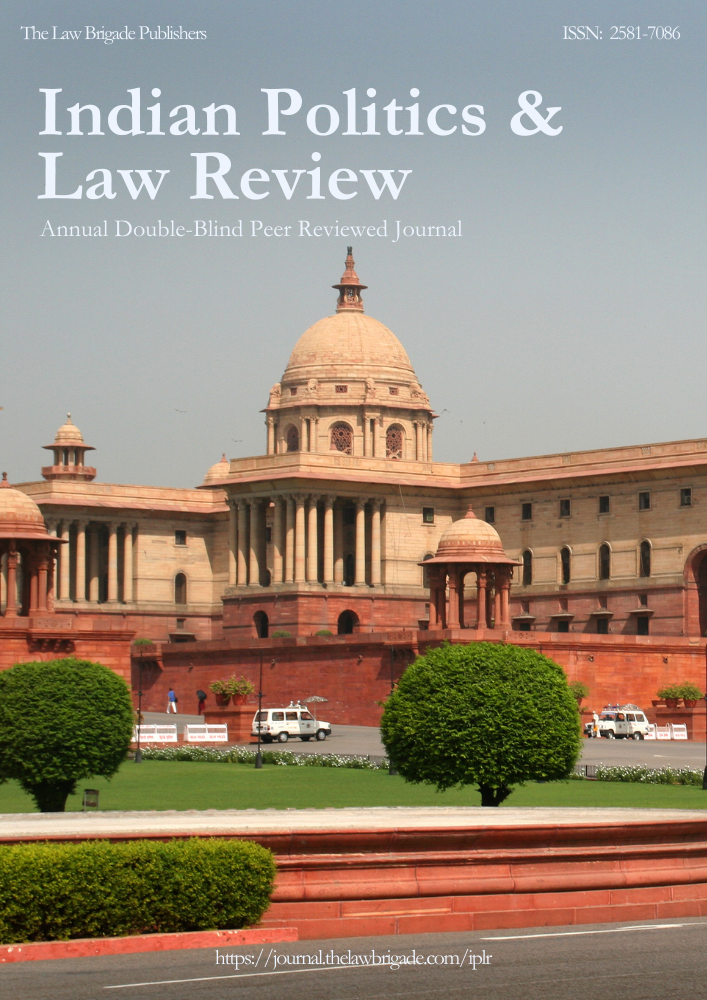STRIKING DOWN SECTION 66A OF IT ACT - A LAW THAT HIT AT THE ROOT OF LIBERTY AND FREEDOM OF EXPRESSION
Keywords:
66A OF IT ACT, LIBERTY, FREEDOM OF EXPRESSION, STRIKING DOWNAbstract
In a major decision, the Supreme Court struck down Information Technology Act of 2000 section 66A. This section of the law said that those who uploaded offensive content to the internet could face jail time. This decision upheld the right to free expression. If you send disrespectful messages through a computer or other communication equipment, such as a cell phone or tablet, you face up to three years in prison and a fine, according to Section 66A. In recent years, authorities have frequently detained individuals for providing material through computer or communication device that was, among other things, highly unpleasant or harmful, or that caused annoyance, inconvenience, or obstruction. In a ruling authored by Justice R.F. Nariman on behalf of himself and Justice J. Chelameswar, the Court has ruled that Section 66A is not only imprecise and arbitrary, but it also infringes the right to free speech in an unjust manner.
Downloads
Downloads
Published
Issue
Section
License

This work is licensed under a Creative Commons Attribution-NonCommercial-ShareAlike 4.0 International License.
License Terms
Ownership and Licensing:
Authors of research papers submitted to any journal published by The Law Brigade Publishers retain the copyright of their work while granting the journal specific rights. Authors maintain ownership of the copyright and grant the journal the right of first publication. Simultaneously, authors agree to license their research papers under the Creative Commons Attribution-ShareAlike 4.0 International (CC BY-SA 4.0) License.
License Permissions:
Under the CC BY-SA 4.0 License, others are permitted to share and adapt the work, even for commercial purposes, provided that appropriate attribution is given to the authors, and acknowledgment is made of the initial publication by The Law Brigade Publishers. This license encourages the broad dissemination and reuse of research papers while ensuring that the original work is properly credited.
Additional Distribution Arrangements:
Authors are free to enter into separate, non-exclusive contractual arrangements for distributing the published version of the work (e.g., posting it to institutional repositories or publishing it in books), provided that the original publication by The Law Brigade Publishers is acknowledged.
Online Posting:
Authors are encouraged to share their work online (e.g., in institutional repositories or on personal websites) both prior to submission and after publication. This practice can facilitate productive exchanges and increase the visibility and citation of the work.
Responsibility and Liability:
Authors are responsible for ensuring that their submitted research papers do not infringe on the copyright, privacy, or other rights of third parties. The Law Brigade Publishers disclaims any liability for any copyright infringement or violation of third-party rights within the submitted research papers.


